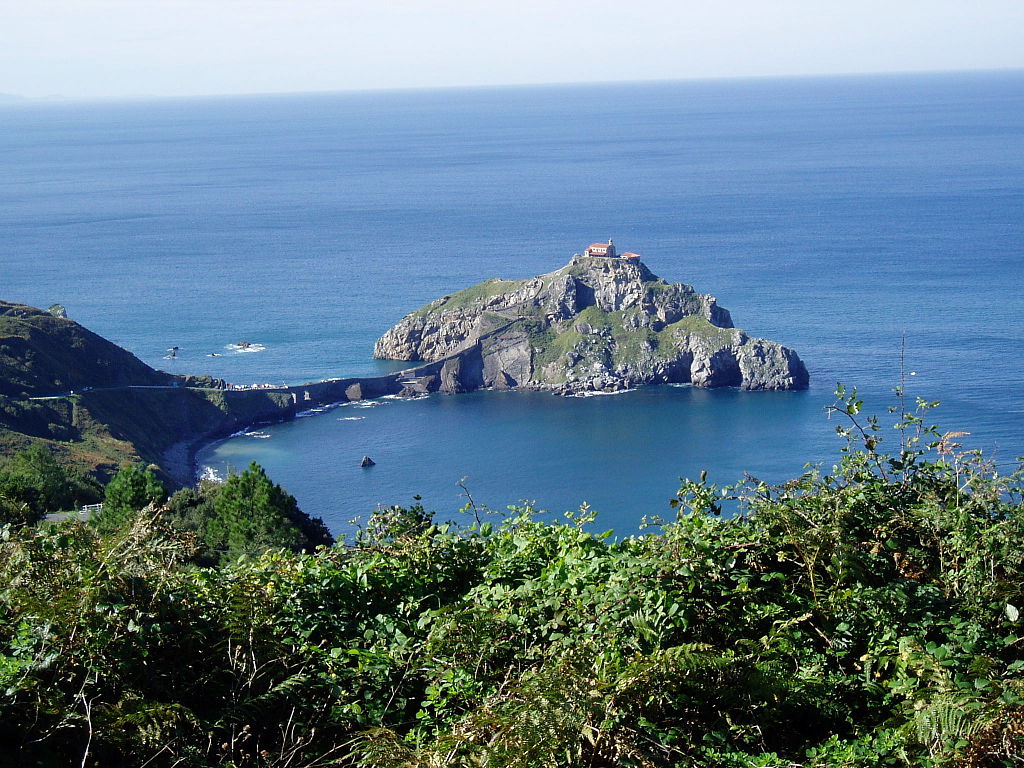Excess renewable energy capacity in France and Spain will soon be more easily transmitted between the two countries following the granting by the EU of €578 million to build an undersea power cable across the Bay of Biscay.
The purpose of the 370-kilometer subsea power cable is to enable both nations to ease one of the most congested network bottlenecks on the continent, and reduce reliance on Russian gas supplies as both France and Spain work towards meeting EU carbon reduction goals.
As a bloc, the EU currently sources 17% of its power from renewables, but has set a goal of increasing that to 20% by 2020, and 27% by 2030. Individual EU member states have their own renewable targets based on their economic capabilities.
Current capacity exchange between France and Spain is 2.8 GW. The completed cable will increase this to 5 GW and allow Spain to edge closer to its 10% interconnection target, which stands at 6% currently.
The completion date for the cable – which will run for 90 km overland and the rest below the sea through the Bay of Biscay – is 2025. It is expected that Spain will seek to export its excess renewable energy capacity to France, but the likelihood is just as strong that excess renewable power could also head in the other direction.
This project falls under the EU’s Connecting Europe Facility (CEF) Programme, which has pledged to invest more than €1.5 billion in energy infrastructure across the EU over the next few years.
“Only a fully interconnected market will improve Europe’s security of supply, ending the dependence of single suppliers and give consumers more choice,” Europe’s Climate Commissioner Miguel Arias Canete told Reuters.
EU stats published this week show that 11 Member States have already hit their 2020 renewables target: Sweden, Finland, Denmark, Estonia, Croatia, Lithuania, Romania, Bulgaria, Italy, Czech Republic, and Hungary.
France and the Netherlands are the furthest away from reaching their renewables targets, the stats show, followed by the U.K., Ireland and Luxembourg.
This content is protected by copyright and may not be reused. If you want to cooperate with us and would like to reuse some of our content, please contact: editors@pv-magazine.com.



The 2020 renewables targets in the EU are national and far from uniform, ranging from 10% for Malta to 49% for Sweden. Germany is failing to meet its target of 18% of final energy, Hungary meeting a softer one of 14.65%.